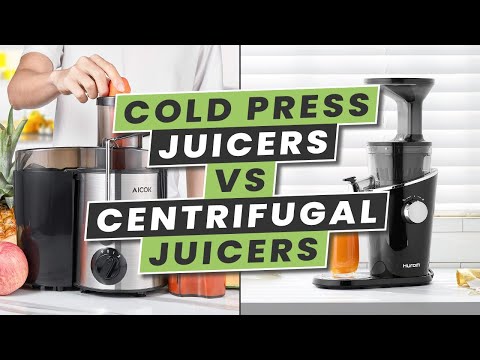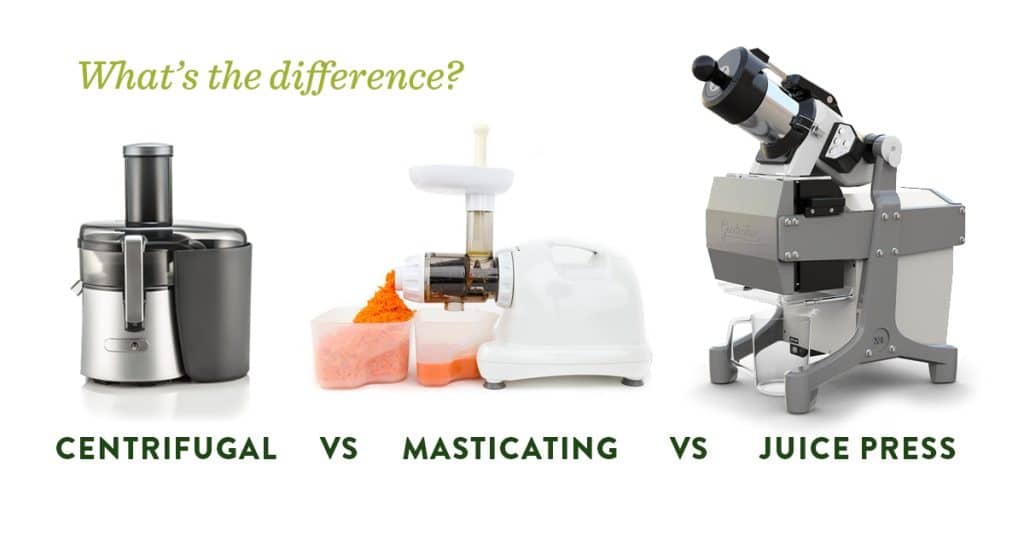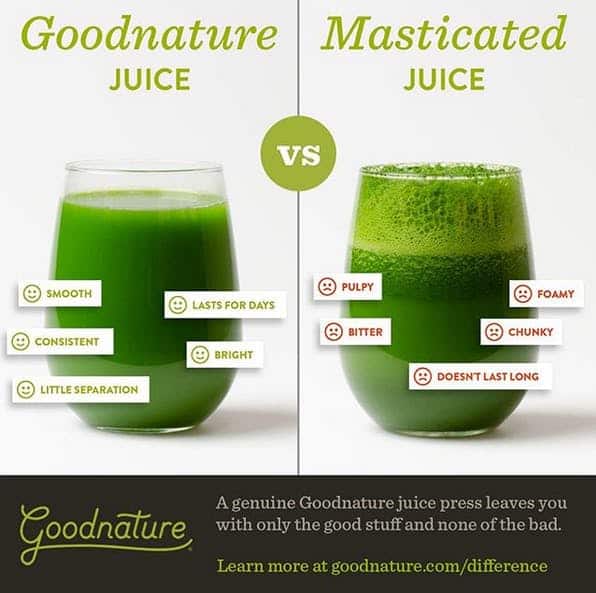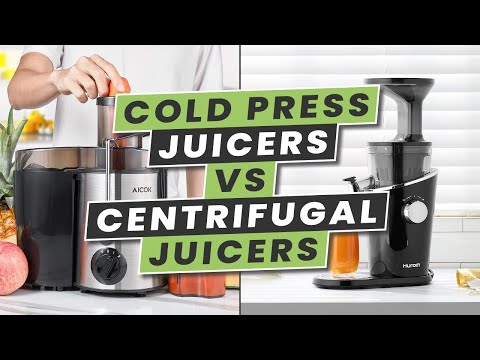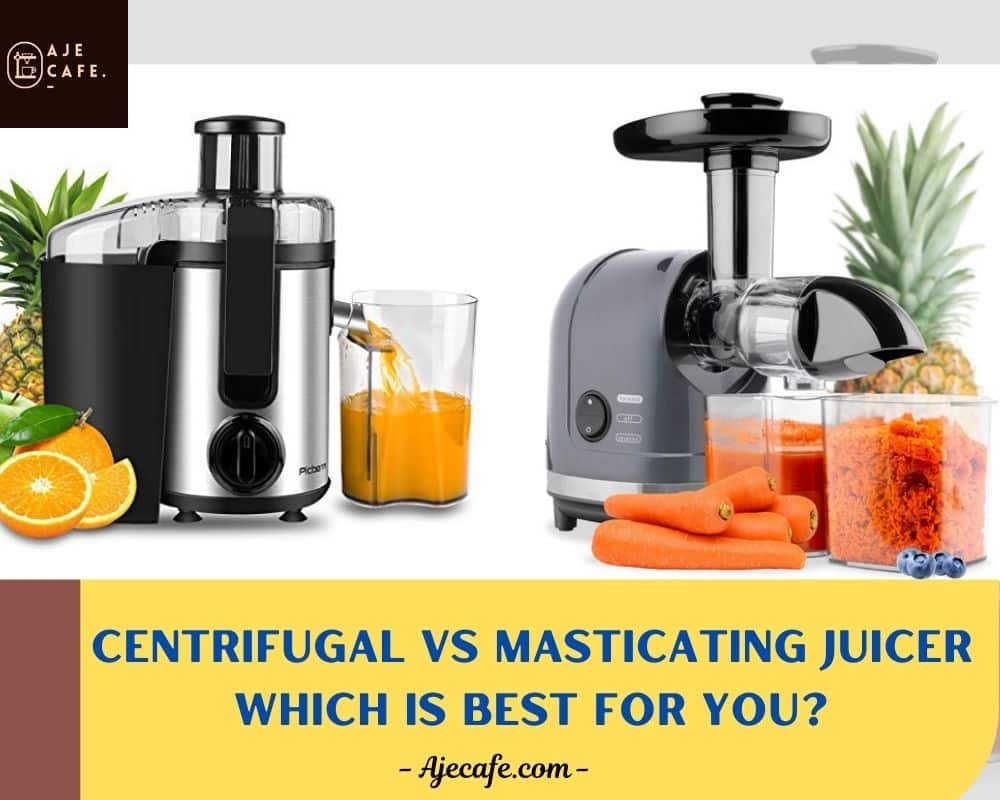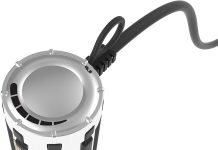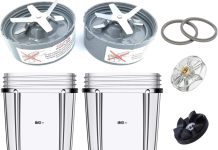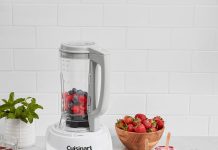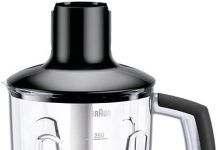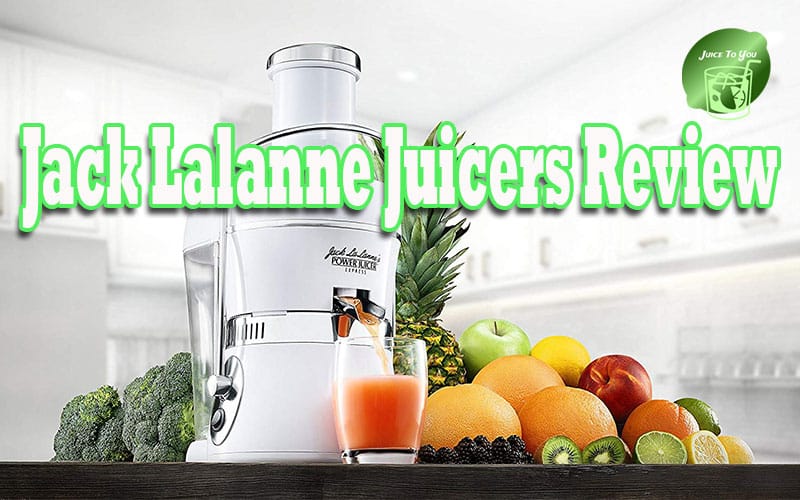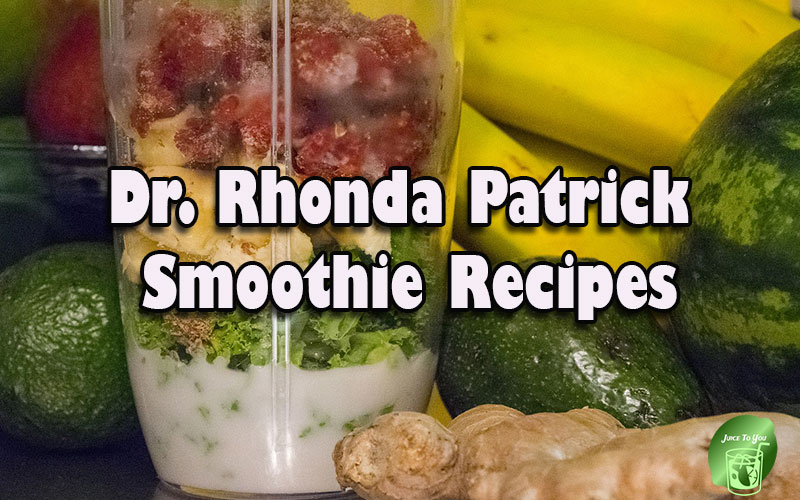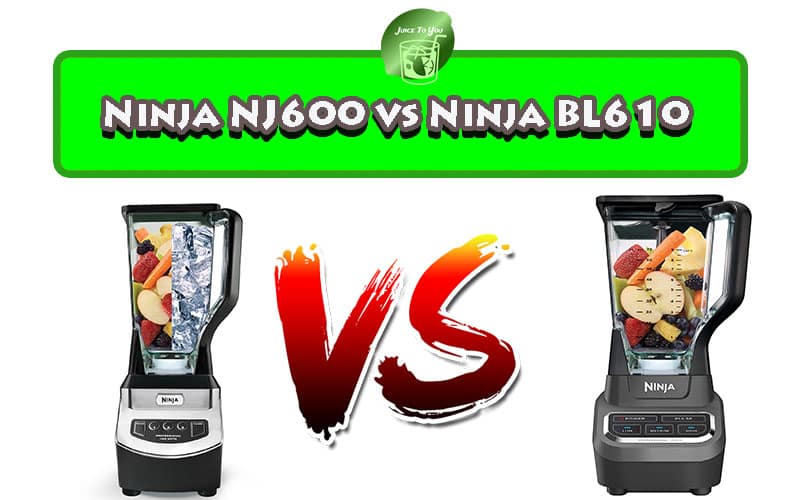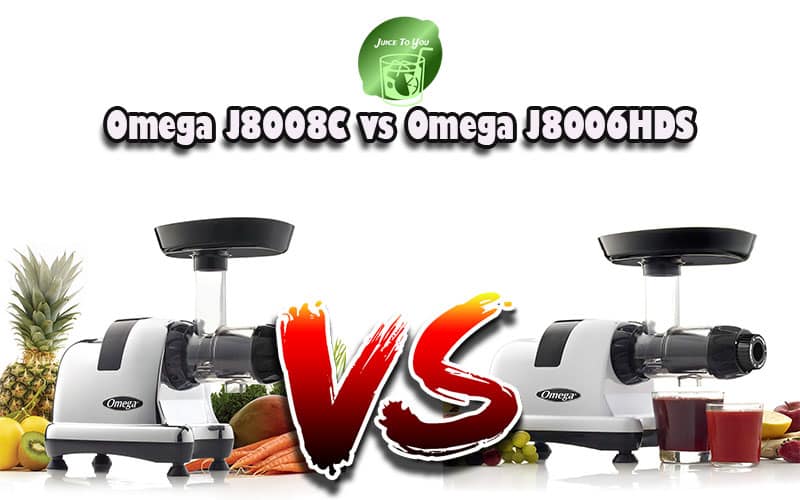Juicing has become hugely popular in recent years, as people aim to boost their health and incorporate more fruits and vegetables into their diets. But with all the different types of juicers out there, it can be confusing to know which one is right for you. In this article, we will explore the key differences between a regular juicer and a masticating juicer, shedding light on the distinct benefits of each. Whether you’re a juicing enthusiast or just starting out, understanding these differences will help you make an informed decision and get the most out of your juicing experience.
Review contents
Speed of Juicing
Centrifugal Juicers
Centrifugal juicers are known for their speed and efficiency when it comes to extracting juice from fruits and vegetables. With a powerful motor and a spinning blade, these juicers are able to quickly break down the produce and extract the juice. The high-speed spinning action of the blade creates a centrifugal force that separates the juice from the pulp, resulting in a faster juicing process. This makes centrifugal juicers a great option for those who are looking for a quick and convenient way to incorporate fresh juices into their daily routine.
Masticating Juicers
On the other hand, masticating juicers operate at a slower speed compared to centrifugal juicers. This slow and steady approach to juicing allows the masticating juicer to thoroughly chew and squeeze the produce, extracting as much juice as possible. The gentle juicing process of masticating juicers helps to preserve the nutrients and enzymes in the juice, resulting in a higher quality and more nutritious juice. While the slower juicing speed may take a bit longer, the end result is often worth the wait.
Juice Quality
Centrifugal Juicers
Centrifugal juicers are known for producing juice with a slightly lower quality compared to masticating juicers. The high-speed spinning action of the blade in centrifugal juicers generates heat, which can lead to oxidation and the breakdown of nutrients. This means that the juice produced by centrifugal juicers may have a shorter shelf life and may not retain its nutritional value for as long as juice produced by masticating juicers.
Masticating Juicers
Masticating juicers, on the other hand, produce juice of superior quality. The slow and gentle juicing process of masticating juicers helps to minimize oxidation and preserve the nutrients and enzymes in the juice. As a result, the juice produced by masticating juicers often has a longer shelf life and retains its nutritional value for a longer period of time. This makes masticating juicers a great option for those who are looking to maximize the health benefits of their fresh juices.
This image is property of images.prismic.io.
Types of Produce
Centrifugal Juicers
Centrifugal juicers are well-suited for juicing a wide variety of fruits and vegetables. These juicers are great at handling softer fruits such as oranges, apples, and berries. They can also handle harder vegetables like carrots and beets with ease. However, centrifugal juicers may not be as effective when it comes to juicing leafy greens and wheatgrass, as these types of produce require a slower and more thorough juicing process.
Masticating Juicers
Masticating juicers excel at juicing a wide range of produce, including both fruits and vegetables. Due to their slow and efficient juicing process, masticating juicers are able to effectively juice leafy greens, wheatgrass, and even herbs. This makes them a versatile choice for those who want to incorporate a variety of produce into their juices. Whether you’re juicing apples, spinach, or kale, a masticating juicer can handle it all.
Oxidation
Centrifugal Juicers
As mentioned earlier, the high-speed spinning action of the blade in centrifugal juicers can generate heat, leading to oxidation. Oxidation occurs when the juice comes into contact with air, causing a degradation of nutrients and enzymes. This can affect the taste, color, and overall quality of the juice. While centrifugal juicers are known for their speed, this speed can also result in increased oxidation compared to masticating juicers.
Masticating Juicers
Masticating juicers, with their slow and gentle juicing process, can help minimize oxidation. By reducing the amount of heat and air exposure during the juicing process, masticating juicers help to preserve the nutrients and enzymes in the juice, resulting in a higher quality juice. This means that the juice produced by masticating juicers may have a longer shelf life and retain its nutritional value for a longer period of time.
This image is property of images.prismic.io.
Noise Level
Centrifugal Juicers
Centrifugal juicers are generally louder compared to masticating juicers. The high-speed spinning action of the blade in centrifugal juicers results in more noise during the juicing process. This can be a consideration for those who prefer a quieter juicing experience, especially if they plan on juicing in the early morning or late at night when others may be sleeping.
Masticating Juicers
Masticating juicers, with their slower and more methodical juicing process, tend to be quieter compared to centrifugal juicers. The slow rotation of the auger in masticating juicers produces less noise, making them a great option for those who value a quieter juicing experience. This can be particularly beneficial for those who live in apartments or have noise-sensitive individuals in their household.
Price
Centrifugal Juicers
Centrifugal juicers are generally more affordable compared to masticating juicers. With their simpler design and faster juicing process, centrifugal juicers are often priced at a lower range. This makes them a popular choice for those who are looking for a budget-friendly juicer option.
Masticating Juicers
Masticating juicers, with their slower and more intricate juicing process, tend to be more expensive compared to centrifugal juicers. The advanced technology and higher quality juice produced by masticating juicers often justify their higher price tag. While they may require a larger upfront investment, masticating juicers are often considered a worthwhile long-term investment for those who are serious about juicing and maximizing the nutritional value of their fresh juices.
This image is property of i.ytimg.com.
Size and Design
Centrifugal Juicers
Centrifugal juicers are generally more compact and have a simpler design compared to masticating juicers. Their smaller size makes them a great option for those who have limited countertop space or prefer a juicer that is easy to store when not in use. The simple design of centrifugal juicers also makes them easy to assemble, disassemble, and clean, adding to their overall convenience.
Masticating Juicers
Masticating juicers are typically larger and more complex in design compared to centrifugal juicers. The larger size of masticating juicers can take up more countertop space and may require a dedicated spot in the kitchen. However, the advanced technology and efficiency of masticating juicers make them a worthwhile investment for those who prioritize juice quality and versatility.
Ease of Use
Centrifugal Juicers
Centrifugal juicers are known for their user-friendly design and ease of use. With their simple operation and quick juicing process, centrifugal juicers are great for those who are new to juicing or prefer a hassle-free juicing experience. The wide chute size of centrifugal juicers also allows for easy feeding of produce without the need for extensive preparation.
Masticating Juicers
Masticating juicers, while slightly more complex in design, are still relatively easy to use. The assembly and operation of masticating juicers may require a bit more time and effort compared to centrifugal juicers, but the end result is often worth it. The slow and steady juicing process of masticating juicers allows for a more thorough juicing and extraction, resulting in a higher quality and more nutritious juice.
This image is property of embed.filekitcdn.com.
Cleaning and Maintenance
Centrifugal Juicers
Centrifugal juicers are generally easier to clean and maintain compared to masticating juicers. The simple design and fewer components of centrifugal juicers make them easier to disassemble, clean, and reassemble. Most parts of centrifugal juicers are also dishwasher safe, adding to their convenience when it comes to cleaning.
Masticating Juicers
Masticating juicers, with their more complex design and additional components, may require more time and effort when it comes to cleaning and maintenance. The slower juicing process of masticating juicers can also result in more pulp and fiber residue, which may need to be manually cleaned. However, many masticating juicers come with cleaning brushes and specific instructions for easy and effective cleaning.
Versatility
Centrifugal Juicers
Centrifugal juicers are versatile when it comes to handling a variety of fruits and vegetables. They are great at juicing both soft and hard produce, making them suitable for a wide range of juicing needs. However, centrifugal juicers may not be as effective when it comes to juicing leafy greens and wheatgrass, as these types of produce require a slower and more thorough juicing process.
Masticating Juicers
Masticating juicers are highly versatile and excel at juicing a wide range of produce. Whether it’s fruits, vegetables, leafy greens, or wheatgrass, masticating juicers can handle it all. The slow and efficient juicing process of masticating juicers allows for thorough extraction and minimal waste, making them a great choice for those who want to get the most out of their produce.
In conclusion, the difference between a juicer and a masticating juicer lies in their speed of juicing, juice quality, ability to handle different types of produce, level of oxidation, noise level, price, size and design, ease of use, cleaning and maintenance, and versatility. Centrifugal juicers are known for their speed, affordability, and ease of use, but may produce juice of slightly lower quality with shorter shelf life. On the other hand, masticating juicers excel in juice quality, versatility, and preserving nutrients, albeit with a slower juicing process and higher price tag. Ultimately, the choice between a juicer and a masticating juicer depends on individual preferences and priorities when it comes to juicing.
This image is property of ajecafe.com.

